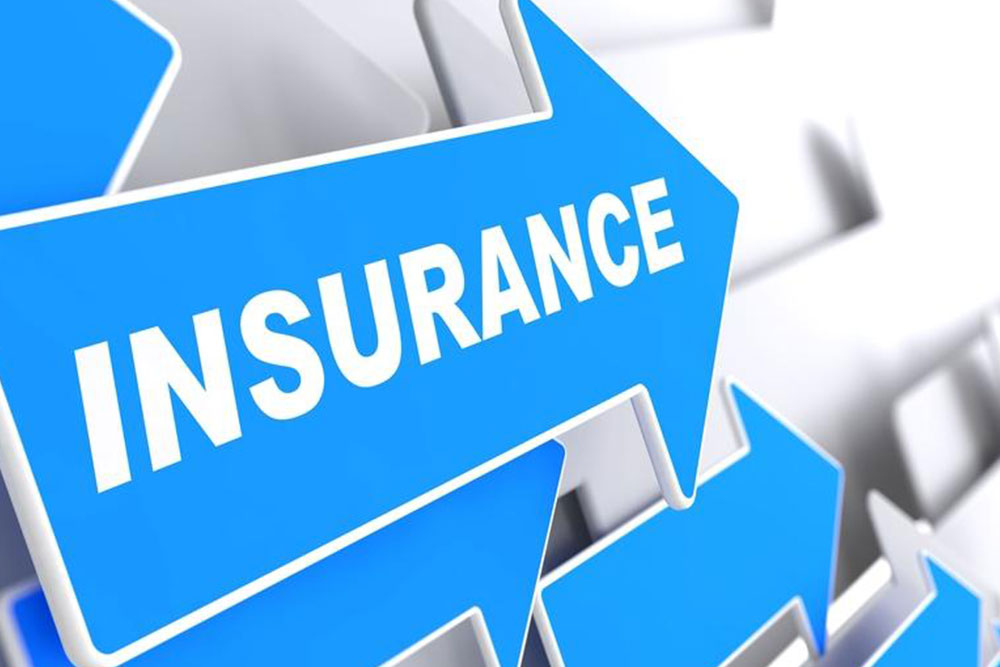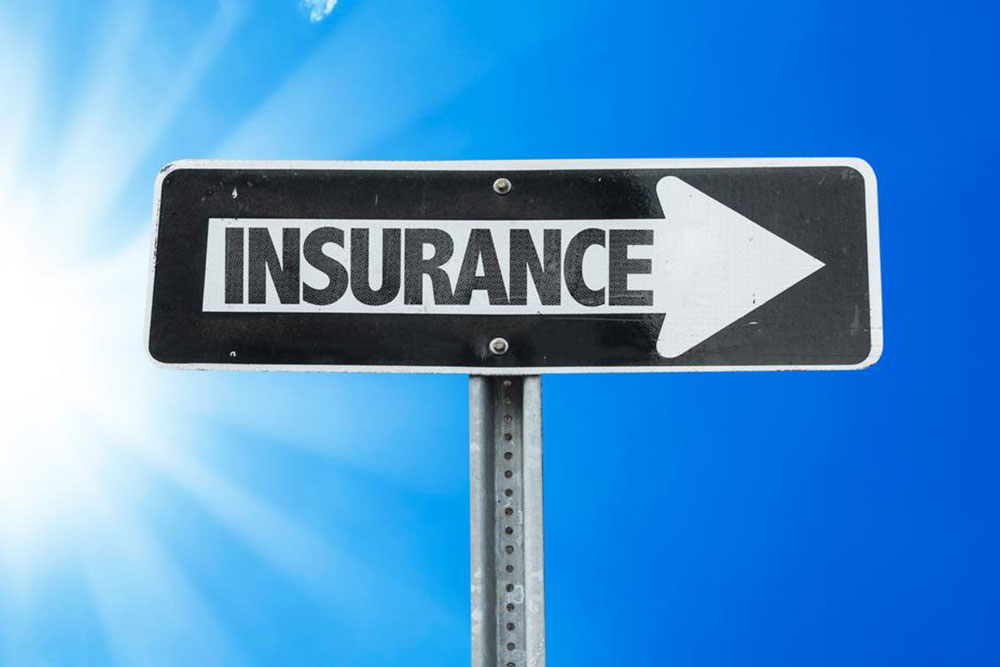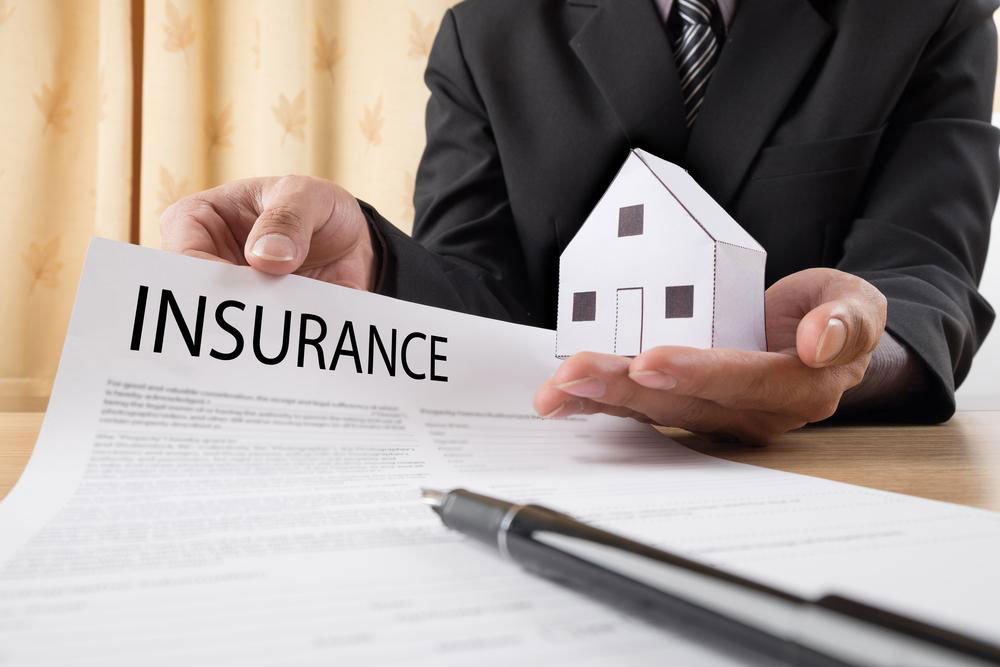Understanding Landlord Insurance: How Does It Protect Property Owners?
Discover how landlord insurance offers crucial protection for property owners, covering damages and liability claims. This guide explains coverage types, scenarios, and tips to choose the right policy to safeguard your rental investments effectively.
Sponsored

Landlord insurance is essential for owners of rental properties to safeguard against potential financial setbacks caused by damages or liabilities. This coverage applies to those renting out houses, condos, or apartments, offering protection for their investments. It can also include income protection if the property becomes uninhabitable due to unforeseen events. Additionally, landlord insurance shields owners from property damages and legal claims. Here's a look at how it functions:
Liability Coverage Explained
For instance, if a visitor trips on your property and gets injured, the liability coverage may come into play. If the visitor is staying with a tenant and slips on a wet floor, this incident might be covered by the tenant’s insurance. However, if negligence on your part, such as a broken stair or icy walkway, causes the accident, your landlord insurance could handle the claim. Medical expenses incurred by the visitor up to the policy limit are typically covered after deductibles.
Property Damage Protection
Suppose lightning strikes an apartment, causing a fire and significant damage. Landlord insurance helps cover the costs of repairs or rebuilding. Keep in mind that policies have limits and deductibles to consider. If your coverage includes loss of rental income, you might be compensated for income lost during repairs. It's wise to ask about additional coverage options, such as tenant damage protection, or secure a rental deposit upfront. To find the best coverage, consult a local insurance agent who can provide quotes and personalized advice.






